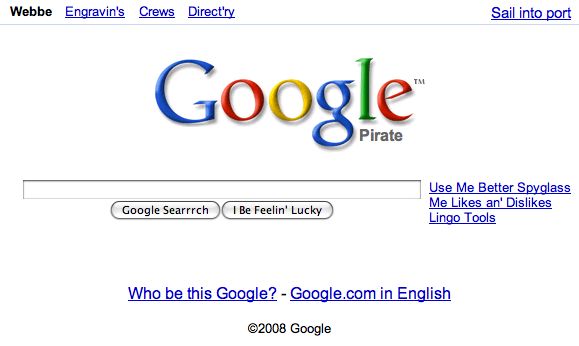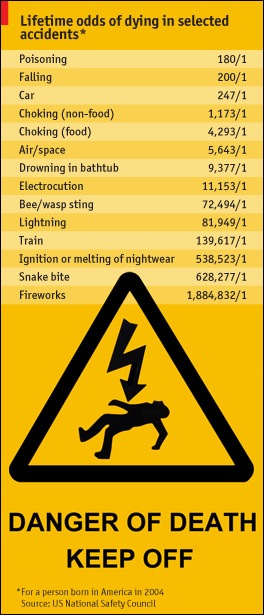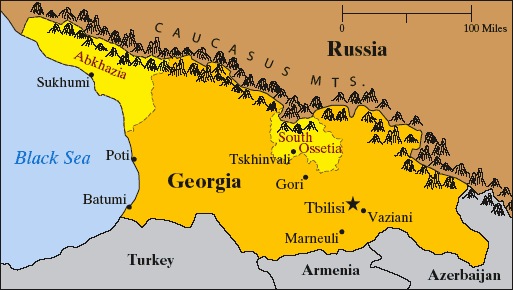Faux Originalism and “Constitution Day”
Many originalists claim to feel bound not only by the text of the Constitution (which would make them only textualists, but also by the values, aims, and aspirations of the Founders). But surely one of the central values of the Founders is that no one like Sarah Palin would ever be a candidate for the presidency (and not only because she is a woman, a piece of bigotry that would also, of course, extend for other reasons to Barack Obama). Rather, she is basically uneducated, inexperienced, and incurious about the world at large. She is no Abligail Adams or Mercy Warren, let alone James Madison or John Adams.
I have many times over the past two years, since publishing my book Our Undemocratic Constitution, been reminded, sometimes with a tone of withering condescension that ours is a “republic” and not a “democracy,” and we should keep it that way. There is, of course, some truth to that, especially if by “republican” one means a concern for public values instead of partisan interests, deemed “factions” in the 10th Federalist. Madison obviously saw no way to get read of factions, but he did believe, naively, that one might tame them through a system of representative government that would try to assure “virtuous” leaders.
Madison’s vision, of course, collapsed very quickly. Some would say 1800, though this depends on whether one shares Hamilton’s view that Burr was out-and-out unfit to be president. Others would say 1828, with the election of Andrew Jackson. I’d be more tempted to go with 1840, when William Henry Harrison, who ran under the famous slogan, Tippacanoe and Tyler too, picked the egregious John Tyler for no other reason than supplying “electoral balance,” even though he had no apparent qualifications for the presidency (unlike every earlier VP, including, one might well argue, Burr) and was a disaster as President. What is striking is that we no longer even both to lament the decline of “republican” values; instead, too many of us have become little Karl Roves and Lee Atwaters, luxuriating in the “cleverness” of political operatives who indeed care only about partisan political success and nothing else.
In any event, there is something passing strange about (some) contemporary “originalists” clutching the Founders to their bosom at the same time they celebrate John McCain’s ostensible “sagacity” in choosing the patently unqualified Sarah Palin because it might provide him an electoral boost. This is not to deny the accuracy of the analysis; it is only to say that no member of the Founding Generation would recognize such a motive (and character) as being the reason they gave for establishing a new Constitution dedicated to maintaining a “Republican Form of Government.”
Benjamin Franklin famously said that we were given a republic and the question was whether we could “keep it.” The answer is clear. Not only do we not have anything we should be willing to call a 21st century democracy; we also don’t have anything we should be willing to call a “republic.” Something to think about as we prepare to “celebrate” Constitution Day on Wednesday….. Whatever it is that (some of us) celebrate, it has almost nothing to do with 1787-88, for good (the substantial overcoming of sexism and racism) and for ill (fill in the blank with one’s favorite critique).









